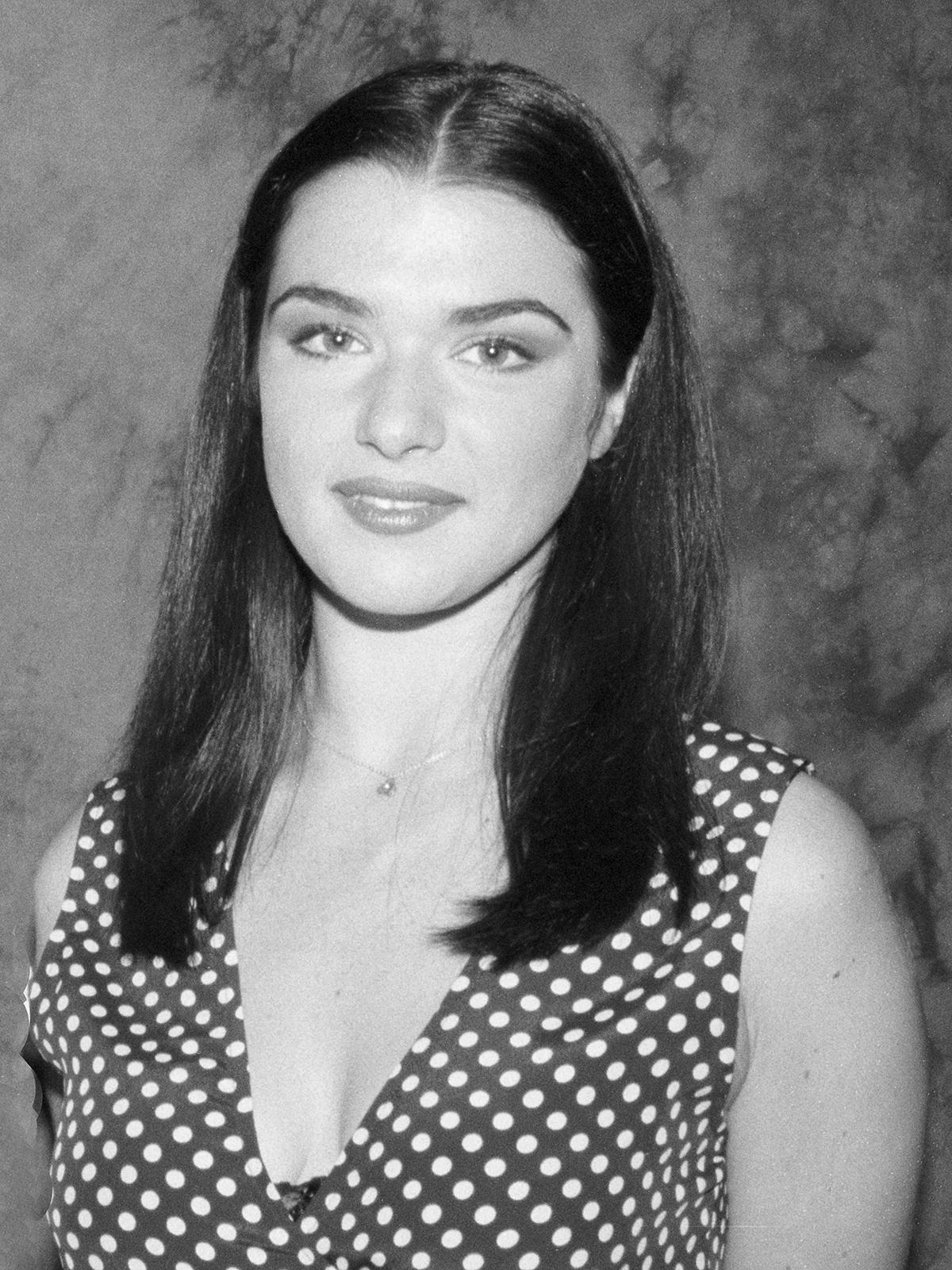
- Golden Globe Awards
Out of the Archives: Rachel Weisz About Her Parents
Rachel Weisz spoke to HFPA journalists about her Jewish parents who fled to England to escape the Nazi occupation of their countries during World War II, when we first interviewed her in 1997, then in 1999 and 2001.
“My parents were born in Eastern Europe, my mother in Vienna and my father in Budapest. They were very small children when the war broke out, so they both had to flee to England, where they met many years later. Both my parents being refugees from the Nazis, that was something very current in their conversation, so I’ve been brought up with a lot of stories about relations of mine who perished in the Holocaust.”
“I’ve come across people who are very prejudiced, I’ve heard them make jokes of a racist or anti-Semitic nature, but I’ve never personally faced prejudice, it has never been my problem, it has never gotten in the way of anything for me.”
“I suppose how it impacted me most is that I’m first-generation English and a lot is expected sometimes when your parents are immigrants. They pin all their hopes on you to become a successful Brit. I am English but my parents are not, so I don’t feel totally English, but I don’t feel Viennese or Hungarian either. I’m not of any particular nationality, I’m kind of mixed, so I feel at home and not at home in lots of different places.”
“I don’t have any artists anywhere in my family. My mother is not an actress, she is a psychoanalyst, but she is deeply Viennese, and Viennese people are quite naturally a little bit theatrical. And she’s from a completely different generation, so there’s some sense that she comes from an empire somewhere. And she’s had me quite late, so she grew up in a different time.”
“My mom still has some relations in Vienna, so we’ve been there a few times. Wiener schnitzel and sauerkraut and knödl were cooked a lot at home, so was goulash. My father’s actually Hungarian, but because of the Austro-Hungarian empire, they used to speak German together, so German for me was the private language between my parents, because I can’t speak it.”
“Germany today is no longer a Nazi country; all Germans are aware of the history and it’s a terrible thing that happened in the past. I’ve actually been to Berlin several times and it’s one of my favorite cities. I went there before the wall came down and I spent a day in former East Berlin, then I was an undergraduate student when the wall was coming down. It was the first major historical event that had happened during my lifetime, so me and my girlfriends jumped on a train, went to Berlin, rented a hammer and chisel for a few Deutsche marks and now I’ve got my piece of wall at home, which is extraordinary. I love Berlin, it’s a very exciting city, I have no great anti-German issues. Some of my best friends are German.”